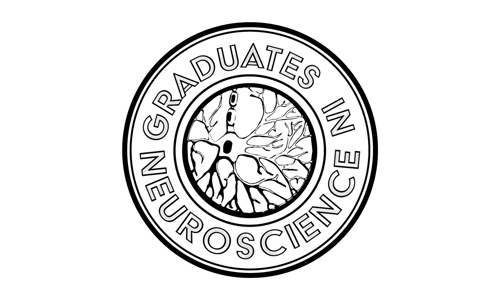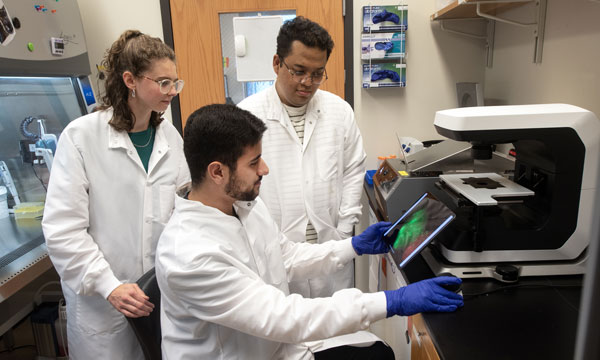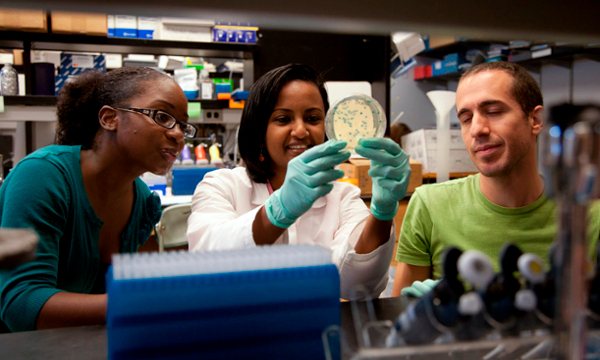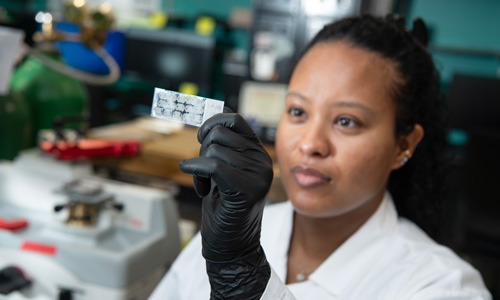Program News
Emory School of Medicine researcher awarded grant to study biomarkers for Rett syndrome
Victor Faundez, MD, PhD, professor and Vice Chair in Emory School of Medicine’s Department of Cell Biology, received $1.1 million in funding from the Rett Syndrome Research Trust (RSRT) to identify proteomic alterations that could be used as biomarkers for monitoring disease and potential therapies for Rett syndrome.
Rett syndrome is a rare genetic neurodevelopmental disorder characterized by severe impairments, affecting a person’s ability to speak, walk, eat and breathe normally. There is currently no cure for Rett syndrome and the ability to detect patterns of symptoms and disease progression directly in patients is lacking. By analyzing post-mortem brains, spinal fluid and plasma samples, Faundez seeks to answer key questions about differences in brain proteomes, the entire set of proteins found in the brain, confirm alignment with mouse models, and advance candidates with potential to be reliable biomarkers for Rett syndrome.
The Rett Syndrome Research Trust, a nonprofit founded in 2008, conducts and funds research aimed at finding a cure for Rett Syndrome and related disorders.
Dr. Faundez is a faculty member in the BCDB and NS programs.
NS faculty member recognized for excellence in mentoring
Emory University faculty and staff were recognized with multiple awards in conjunction with the 2023 school ceremonies and the conclusion of the academic year. Among them was NS faculty member Elaine Walker, PhD, Charles Howard Candler Professor of Psychology and Neuroscience, who received the George P. Cuttino Award for Excellence in Mentoring Award.
Congratulations, Dr. Walker!
Window system allows for long-term studies of brain activity
NS faculty member Bilal Haider in the Wallace H. Coulter Department of Biomedical Engineering has created a new kind of window that allows for longer-term monitoring and data recording of mouse brain activity.
Haider is studying how multiple areas of the brain work together for visual perception. To get a clear image of the brain’s visual network, Haider’s lab uses an established technique called blood flow imaging, which tracks oxygen in the blood, measuring the active and inactive areas of a mouse brain while the animal views visual stimuli. To capture a strong blood flow signal, researchers typically create a cranial window by thinning the skull or removing a piece of it altogether. These procedures can diminish stability in the awake, pulsing brain — detrimental conditions for delicate electrophysiological measurements made in the same visual areas after imaging.
In Scientific Reports, Haider’s team presented a new kind of cranial window they created using a tiny piece of glass and a surgical glue called Vetbond that contains the same compound as Krazy Glue. The glue creates a transparent barrier that allows all the underlying physiological processes to continue but leaving a clear view of brain for imaging. Read more here.
Latest News Stories
Student Spotlight

Neuroscience PhD candidate, Raven Hardy's, recent research article entitled “Role of age and neuroinflammation in the mechanism of cognitive deficits in sickle cell disease has been selected as a Highlight article for Experimental Biology and Medicine’s 246:1/January issue. Raven, under the mentorship of Dr. Hyacinth Hyacinth, utilizes interdisciplinary approaches to understand cognition in sickle cell disease.
Sickle cell disease (SCD) is a multi-system disorder and is one of the most prevalent monogenic diseases globally. Despite knowledge that SCD is a progressively deteriorating disease and that cognition worsens with age, factors that potentially contribute to neurocognitive and neurobehavioral deficits in SCD are least understood. Raven is working to determine the relationship between cognition, age, and potential mechanisms that influence cognitive and behavioral profiles of SCD. Our lab has observed that microinfarcts are associated with cerebral vasculopathy in aged mice and has recent evidence that aged mice have decreased cognition in sickle cell.
In the Highlight Article, Ms. Hardy presents findings that support that there exist a relationship between age and abnormal cognitive and behavioral function. In addition abnormal behavioral and cognitive function was found to be associated with increased neuroinflammation and dendritic spine and arborization alterations. She is currently utilizing cognitive/behavioral paradigms and multimodal imaging to understand the profiles that could potentially be influenced by microinfarcts and lead to cognitive/behavioral abnormalities seen in SCD.
Newsletter

Read all about the latest happenings in the Emory University Graduate Neuroscience Program! Events, awards, news and views - it's all here. Submissions are always welcomed from anyone in the neuroscience community.








